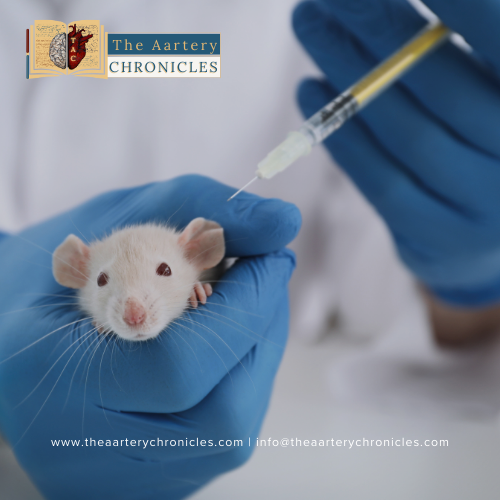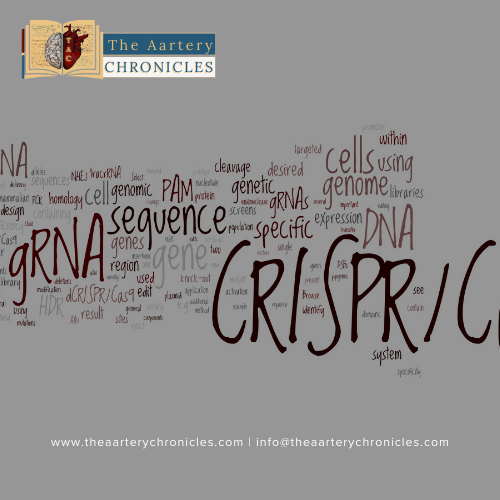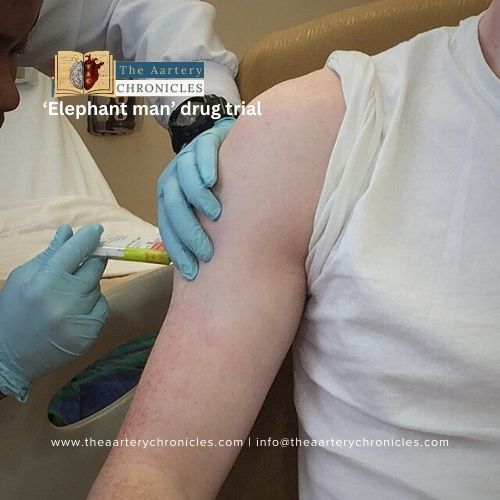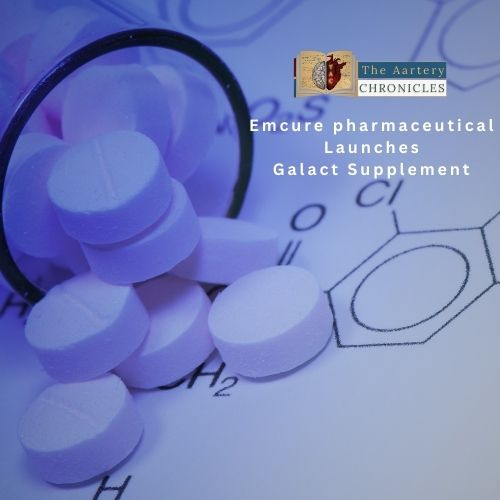
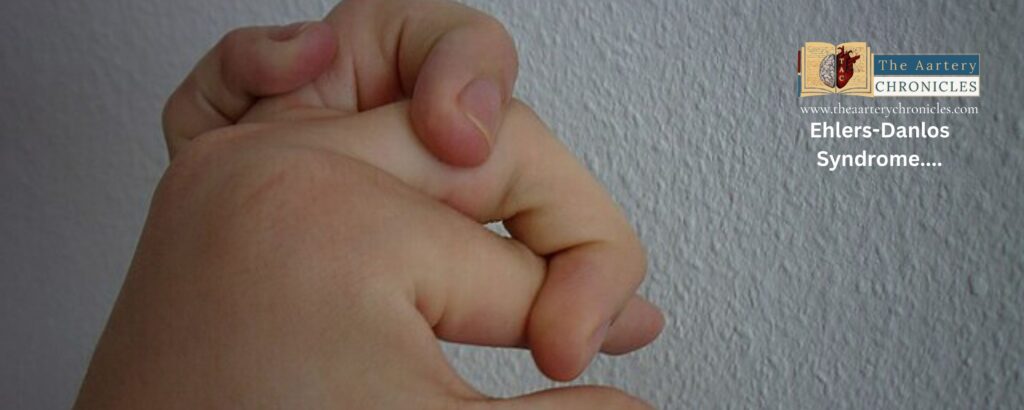
Challenges of Intimacy and Conception: Allison Tennyson's Journey
Allison Tennyson’s inspiring journey: overcoming challenges, intimate struggles, and hopeful dreams of conception amidst health complexities.
34-year-old Allison Tennyson is bravely sharing her journey with the rare medical condition Ehlers-Danlos Syndrome, which she was diagnosed with at the age of 24. Recently, Allison discovered she has seminal plasma hypersensitivity, an allergic reaction to proteins in male spermatic fluid.
In a candid interview, Allison discussed the challenges she faces in her physical relationship due to the discomfort caused by this condition. Despite recommendations for condom use, Allison faces an additional hurdle as she is allergic to the chemicals in condoms. This complicates matters for the couple, who are uncertain about the possibility of starting a family due to concerns about potential rejection of semen by Allison’s body.
Adding complexity to the prospect of pregnancy is Allison’s existing blood clotting disorder, making it a risky proposition. Despite these challenges, the couple remains hopeful about finding a way to conceive. Allison acknowledges the difficulties but expresses hope for a favorable outcome, emphasizing her belief that there is still time to plan and start a family
Ehlers-Danlos Syndrome: All that you need to Know
Ehlers-Danlos syndrome (EDS) is a hereditary condition that affects collagen production and function. It affects almost every organ system and can cause considerable morbidity and mortality.
Causes of Ehlers-Danlos syndrome (EDS)
EDS is majorly caused due to genetic mutations that affect collagen production:
- Genetic mutations: EDS is associated with anomalies in genes such as COL3A1, which influences the production of collagen and causes connective tissues to weaken resulting in tissue fragility and issues such as arterial, intestine, and uterine ruptures.
- Patterns of inheritance: The abnormal genes responsible for EDS can be passed from one or both parents or de novo in an individual.
Symptoms of Ehlers-Danlos syndrome (EDS)
EDS may have a variety of symptoms including:
- Translucent and thin skin
- Fragile skin
- Increased range of joint movement
- Pain in the joints
- Extreme fatigue
- Digestive issues
- Hypermobility of the joints
- Issues with internal organs such as organ prolapse or mitral valve problems
A few severe symptoms are dislocations of the joints, scarring of the skin, and ruptures of the organs such as the intestines and uterus.
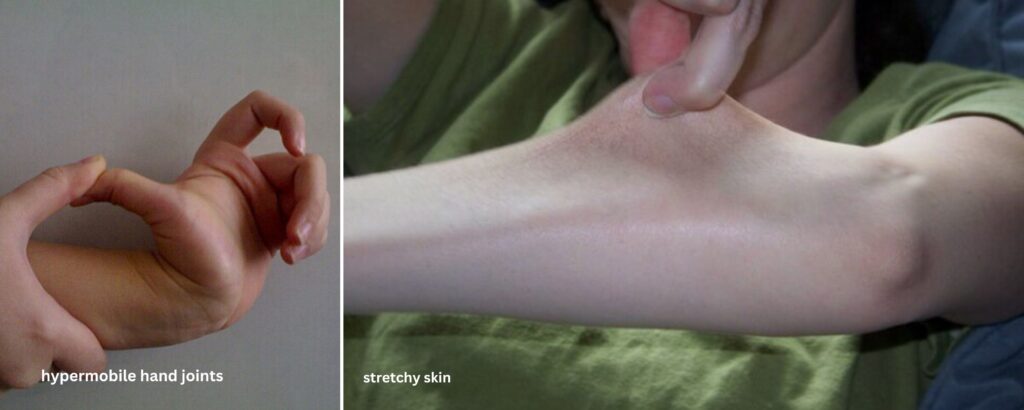
Management of Ehlers-Danlos syndrome (EDS)
There is no definitive cure for the disease only the symptoms can be managed to improve the quality of life:
- Treatment plants aim to alleviate and manage symptoms and prevent further complications
- Physical therapies help with muscle strength around joints, and using braces for joint support is recommended
- Dietary changes, genetic counseling, and physiotherapies also help with the efficient management of the symptoms
Source: Inputs from various media Sources

Contributors: Priya Bairagi & Sanika Pande
- Medicine and Diseases
- Nutrition and Diet
Lorem ipsum dolor sit amet, consectetur adipiscing elit. Ut elit tellus, luctus nec ullamcorper mattis, pulvinar dapibus leo.







